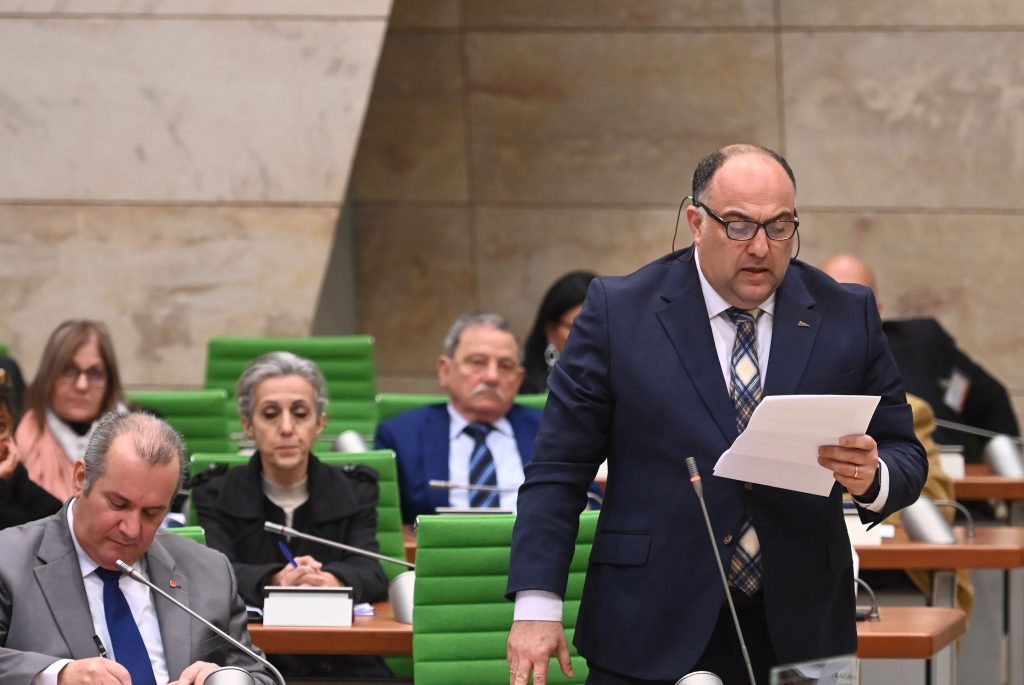Upholding social justice in employment: a call to action

In a recent address to a special session of parliament, UHM Voice of the Workers CEO Josef Vella delivered a poignant speech on the principle of social justice in the realm of employment. With a focus on the plight of the precariat and the exploitation of foreign workers, Vella underscored the urgent need to address the disparities and injustices pervasive in today’s labour landscape.
The emphasis on precarious employment shed light on a growing segment of the workforce facing poor if not substandard conditions, which at times is characterized by instability, insecurity, and lack of benefits. This reality starkly contradicts the principle of social justice, which demands fair treatment and equal opportunities for all individuals at the workplace.
Central to the address was the call to alleviate the financial burden on workers by exempting increases in the cost of living and social security contributions from taxation. He rightfully challenged the notion that such measures would diminish government revenue, especially in the context of economic growth. This raises critical questions about priorities and the allocation of resources, reaffirming the imperative to prioritize the well-being of workers above all else.
Another pressing concern is the disparity in union membership between employers and workers. Statistically it transpires that in Malta for every employer who is a member of an employers’ unions there are 10 workers who are enrolled in a union.
The bottom line is employers have understood the benefits of joining forces, but within the workers’ camp the opposite is happening whereby the membership rate decreased from 49% to 35%. This is not only happening in Malta across Europe. The stark contrast underscores a fundamental imbalance in bargaining power and representation within the labour market. Addressing this issue requires concerted efforts to promote union membership and collective bargaining.
However, the warning sounded by the UHM CEO against cosmetic measures must be heeded. Merely paying lip service to social justice without tangible results only serves to perpetuate existing disparities and undermine the integrity of the labour market. Moreover, the issue of “free riders” who benefit from union services without contributing financially poses a direct threat to the sustainability of unions, necessitating proactive measures to address this practice.
At its core, Vella’s message resonates with the principle of solidarity, emphasizing the importance of mutual support and collective action in advancing social justice in the workplace. True solidarity requires a genuine commitment to the well-being of others, free from self-interest or expectation of reciprocity. It is this spirit of solidarity that must guide efforts to create a fair and equitable environment.
